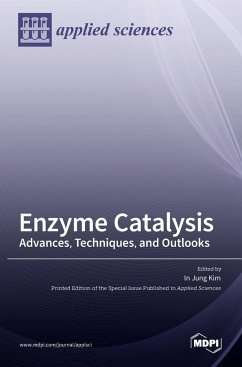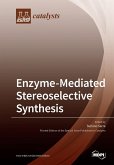Enzyme-mediated catalysis offers special advantages over chemical methods. First of all, enzymes are considered an environmentally friendly tool as they help to avoid the requirements of toxic chemicals and high energy. In addition, more feasible processes can be accomplished through enzymatic reactions owing to the enzyme's innate properties related to high substrate specificity and selectivity. For this reason, biotechnological production of a wide range of products, such as alternative fuels and value-added biochemicals, has been commercially applicable with the aid of enzymes, either in isolated form or in the whole-cell system. In particular, enzymatic transformation of low-value but cheap/abundant starting materials (i.g. biomass) into high-value materials can facilitate the circular and sustainable bioeconomy. This Special Issue on "Enzyme Catalysis: Advances, Techniques, and Outlooks" consists of six articles, which address diverse industrially relevant enzymes with applications in foods, detergent, cosmetics, medicine, etc. A robust methodology related to enzyme kinetics is also addressed.
Hinweis: Dieser Artikel kann nur an eine deutsche Lieferadresse ausgeliefert werden.
Hinweis: Dieser Artikel kann nur an eine deutsche Lieferadresse ausgeliefert werden.








